|
Russia’s invasion of Ukraine began on February 24, meaning the war has now lasted 119 days and counting.
It’s turning into a war of attrition, and as Russia expert Matthew Sussex writes today, it’s likely to grind on for the foreseeable future.
Sussex says this plays directly into Russian president Vladimir Putin’s strategy of waiting out the West. He argues Putin has previously assumed, correctly, that the West has a low appetite for protracted conflict.
This carries the danger that the Ukraine invasion will slowly drop off the international radar.
So, Sussex argues, there are three key reasons why it’s in NATO members’ interests to meet Ukraine’s military requests, adding: “It’s critical to show Putin that escalation comes with real costs: something Western leaders have shied away from for decades.”
|

|
Liam Petterson
Deputy Editor, Politics + Society
|
|
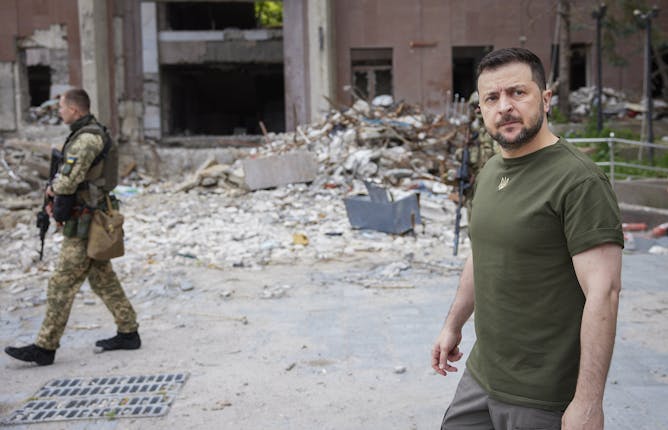
Matthew Sussex, Australian National University
There remains a significant danger the conflict falls off the international radar, or that Western leaders waver as the conflict drags on.
|
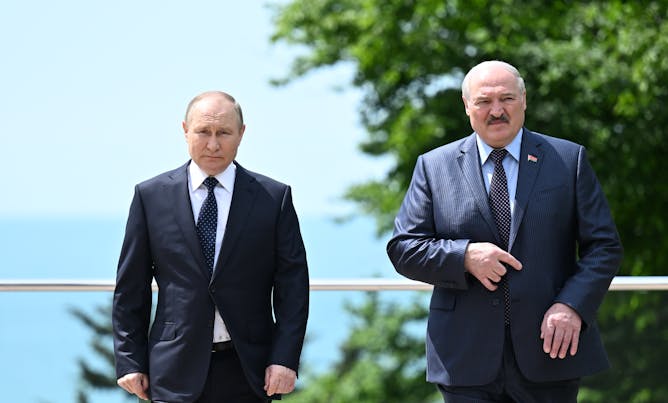
Stefan Wolff, University of Birmingham; Anastasiya Bayok, University of Hamburg
As the conflict deepens, the chances of Russia’s ally being pressured into entering the conflict seem to be growing.
|
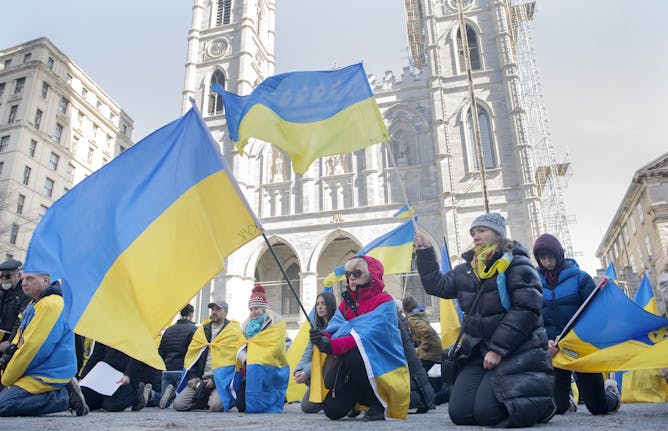
Vic Satzewich, McMaster University; Ivan Kozachenko, Jagiellonian University
The Soviet Union and now Russia has long viewed the Ukrainian diaspora with hostility. Here’s why.
|

Sarah Wayland, University of New England
We have also lost moments of shared empathy – a space for others to see people who are travelling the same path.
|

Michael Grose, CSIRO
Cold snaps are becoming less and less likely as the world warms. But that doesn’t mean they don’t happen. An expert helps you put the colder-than-normal start to winter in context.
|

Adam Kleczkowski, University of Strathclyde
Possible outcomes of the current monkeypox epidemic under four different scenarios.
|

Phil Lewis, University of Canberra
An economist explains why imposing price caps to ensure shoppers can still afford to feed their families healthy food will only make things worse.
|
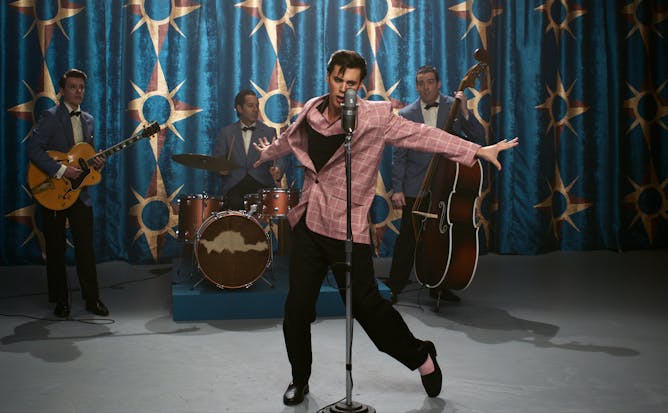
Bruce Isaacs, University of Sydney
Elvis is full of Luhrmann’s signature self-indulgence, inflated budget and artistic grandiosity – I loved it.
|
Politics + Society
|
-
Michelle Grattan, University of Canberra
The secretary of the Department of Foreign Affairs and Trade, Kathryn Campbell, has been replaced in a shake-up of federal departmental heads announced by Prime Minister Anthony Albanese.
-
Harry Hobbs, University of Technology Sydney; George Newhouse, Macquarie University
Are the same forces that threaten the right to abortion in the United States coming to Australia?
-
Joel Cullin, The University of Queensland
It’s so tragically familiar. Australia has had dozens of inquiries, reports and reform efforts in child protection, yet terrible things still happen to children known to child protection agencies.
|
|
Health + Medicine
|
-
Amy Chan, University of Auckland
Asthma is a huge health challenge, and many people struggle to stick to a medication regime to control their condition. Digital technologies can help, but we need to know more about what works best.
-
Samantha Thomas, Deakin University; Hannah Pitt, Deakin University; Simone McCarthy, Deakin University
Gambling is increasingly pitched to women and if Netball Australia accepts sports betting sponsors, younger girls will be next.
|
|
Science + Technology
|
-
Timo Rissanen, University of Technology Sydney
Increasing recycled-fibre clothing offerings should not absolve the fashion industry from the urgent need to reduce production overall.
|
|
Environment + Energy
|
-
Bill Skinner, University of Adelaide; Douglas Bardsley, University of Adelaide; Georgina Drew, University of Adelaide
Climate change has forced Australia’s grape growers to band together to secure water, as well as plant new varieties and cut water use.
|
|
Education
|
-
Renee Adams, University of Oxford; Jing Xu, University of Technology Sydney
A very low percentage of women are leaders in the field of finance. Gender equity will benefit both scholarship and Australia’s third-largest economic sector.
|
|
Books + Ideas
|
-
Petra Marschner, University of Adelaide
Finding radical new ways to feed the world is essential for our survival. A prominent environmental activist has considered the alternatives.
|
|
| |
|
|
|
Auckland University of Technology
Auckland, New Zealand
•
Full Time
|

|
|
Auckland University of Technology
Auckland, New Zealand
•
Full Time
|

|
|
Bond University
Gold Coast QLD, Australia
•
Full Time
|

|
|
State Library of Queensland
South Brisbane QLD, Australia
•
Casual
|

|
|
|
|
| |
| |
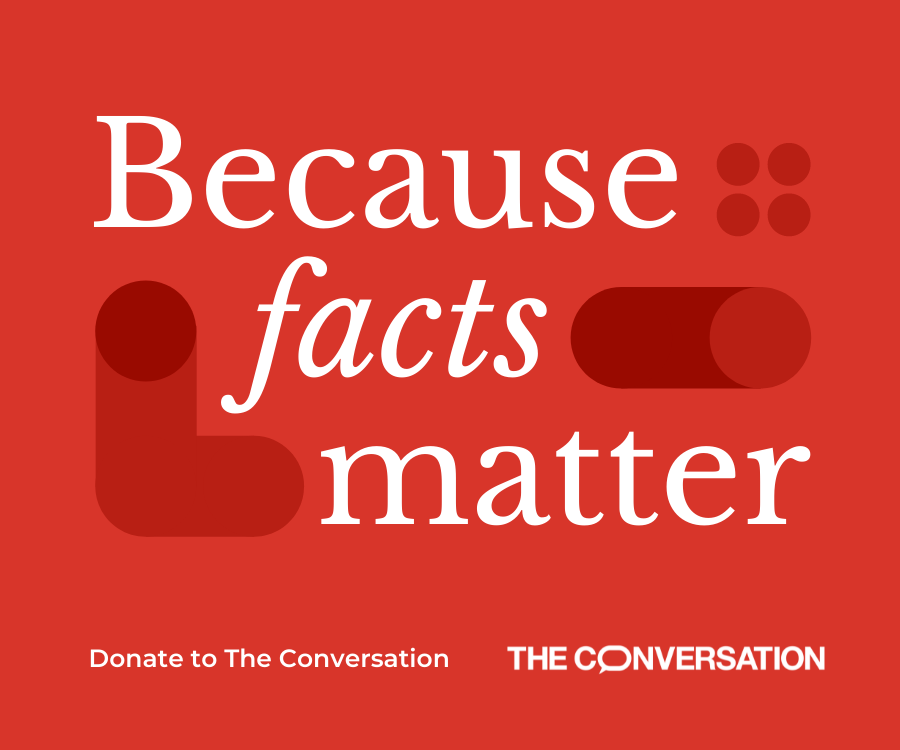
|
| |
| |
| |
Featured Events, Courses & Podcasts
|
View all
|
|
|
|
| |
| |
| |
| |
| |
|
|